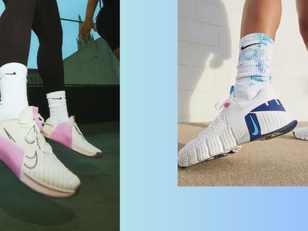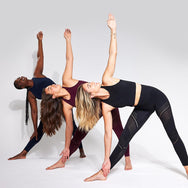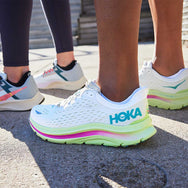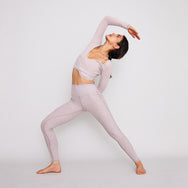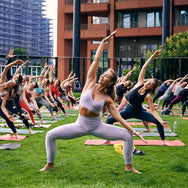You’ve put in the hard work over the cooler months, but the way you manage your preparation in the last weeks leading up to your marathon is equally as crucial.
To ensure you wake up on the day feeling confident, we asked LDN Brunch Club co-founder and adidas Runners LDN Captain Stephen Adjaidoo for some final tips before spring marathon season kicks off.
From training and tapering to diet and kit prep, these top tips will help ensure that you’re ready to perform come race day, whether it’s your first or fifth marathon.
THAT FIRST 20 MILE TRAINING RUN
Depending on which spring marathon you’re running, you’ll probably now be about to run your longest training run somewhere between 20-22 miles. Or if your marathon is one of the earlier ones like Paris or Manchester, you’ve probably just edged into the two week taper period.
If you still have that 20 miler to go, then don’t worry. It’s normal to feel apprehensive about your longest training run but it should be just a couple of miles more than what you did the week before. Fuel yourself as usual for your run and maybe line up a little reward to celebrate the milestone, like post-run brunch in your favourite cafe. You could even run there in the knowledge that you’ll be getting closer with every step you take.
Alternatively, why not ask a few friends to join you for some of the run? It’s much easier to find a few friends to join you a segment of 5 miles each, as they don’t need to be marathon-ready themselves to be of use.
It’s important to take this last run, as with all long runs, at a comfortable pace. We usually suggest conversational pace which can be hard to judge, but it should be a pace that you could comfortably hold a conversation if you were running with someone else.
BEHIND SCHEDULE WITH YOUR TRAINING?
If you haven’t managed to get up to 20 miles yet then don’t panic. Most importantly, don’t be tempted to cram the mileage in your final two weeks. Overdoing it now could increase your chances of injury or of starting the race already fatigued.
If you feel you’ve missed out some of the runs in your plan, then adjust your goal accordingly. Race day should be a celebration of the time and dedication you’ve made, not simply a bid to run a race in a certain time.
THE TAPER PERIOD
If you’re in the taper period or close to it, it’s not time to put your feet up just yet.
Most people still run regularly (three to four times a week) during the taper period, but the intensity and length of the runs will be less than what they’ve been over the last few weeks. So you should be able to enjoy a little more free time in the lead up to race day.
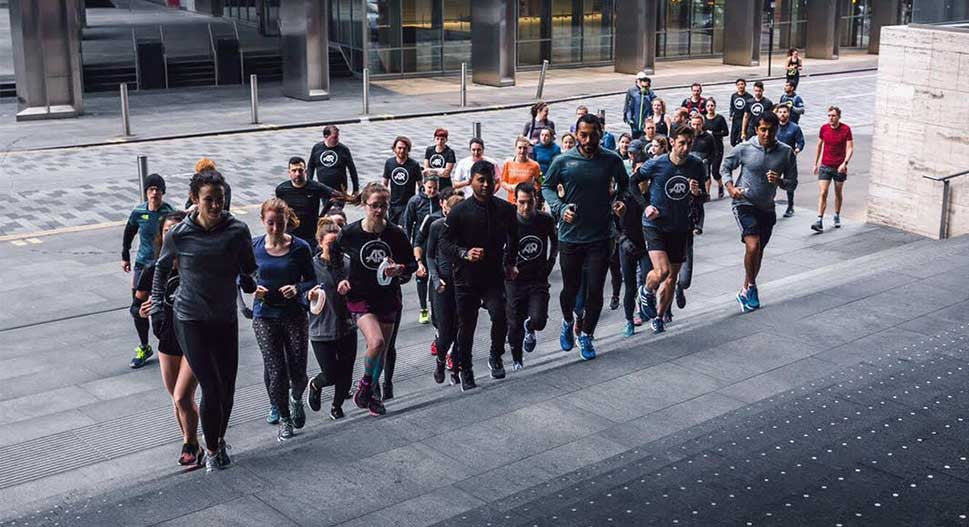
WHAT SHOULD I EAT BEFORE THE MARATHON?
Marathon training affects everyone differently, but it’s likely you’ve been a little hungrier as a result of all your training.
So what’s the most beneficial way to fuel your final weeks of training? Most runners have heard about carb loading in the run up to race day, but the reason for doing it is often misunderstood.
Carb loading isn’t an excuse to overload on high sugar or high fat foods for a week or two before the marathon. Those types of foods won’t help you come race day and you’ll just end up with a little extra weight to carry around for 26.2 miles. In the few days before the marathon, complex carbs like sweet potatoes, brown rice and wholemeal pasta will keep your energy levels (glycogen to be precise) topped up. Combine this with a healthy amount of vegetables and protein and you’ll give yourself a great head start.
KIT PREPARATION IS KEY
Your last few long runs are a great opportunity to test out your race kit. Don’t be tempted to pick up something new at the race expo and try it out on race day. You don’t want all your training efforts to go to waste because your new shoes give you blisters or your new top gives you a painful rash.
Hopefully by now you have an idea of what running shoes you’ll wear for the marathon. It’s definitely not too late to get a new pair and wear them in a little before the race, but if you’ve got a pair you’re comfortable in and they still have mileage left in them then this will give you one less thing to worry about.
You should have figured out anything else you want to run with during your training runs, such as gels and water. Make sure you have whatever you need ahead of time so you aren’t rushing around the evening before trying to find it. Get EVERYTHING you need (running kit, gels, sunglasses, sun cream, etc.) together the day before so you aren’t under extra pressure the morning of the marathon, looking for safety pins or nipple plasters.
DON’T WORRY, YOU’VE GOT THIS… and good luck!
Found this useful? Check out Stephen's top 6 tips for race training >






















